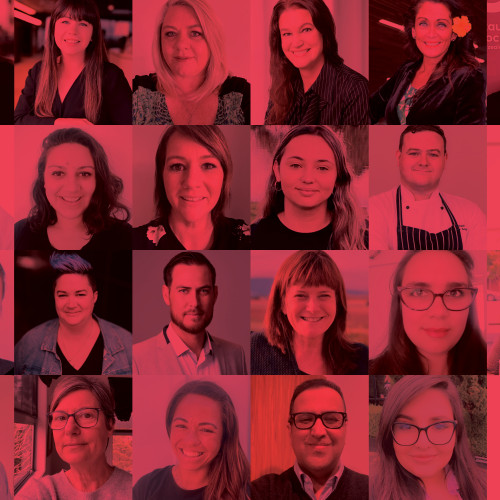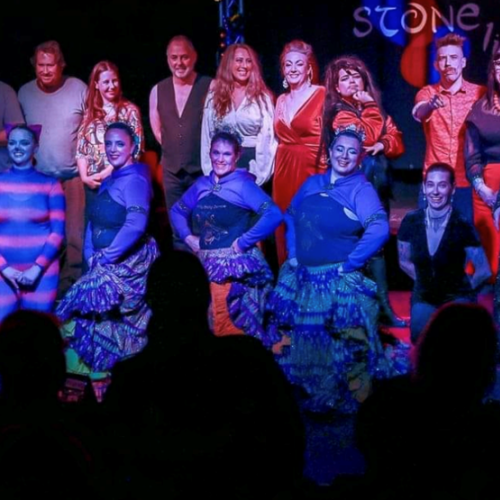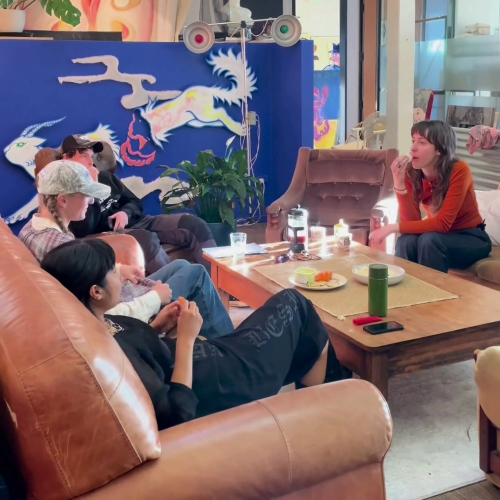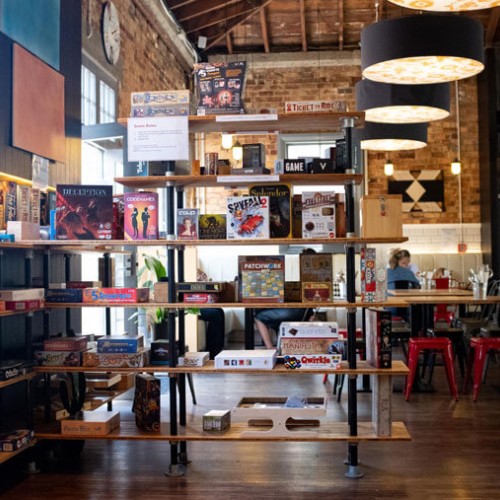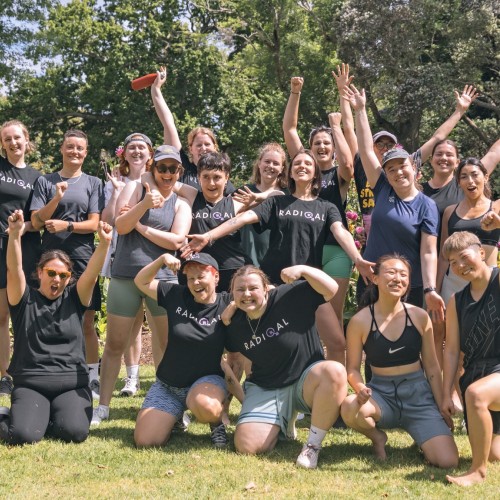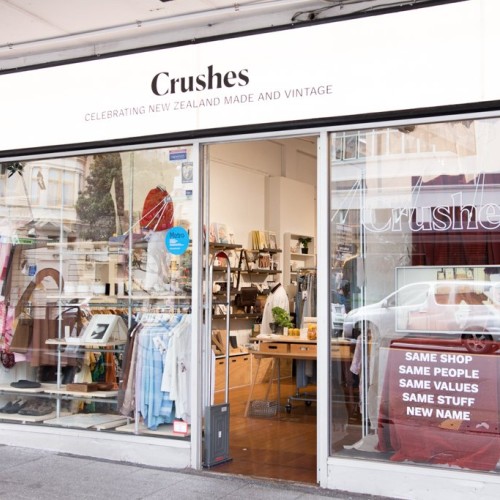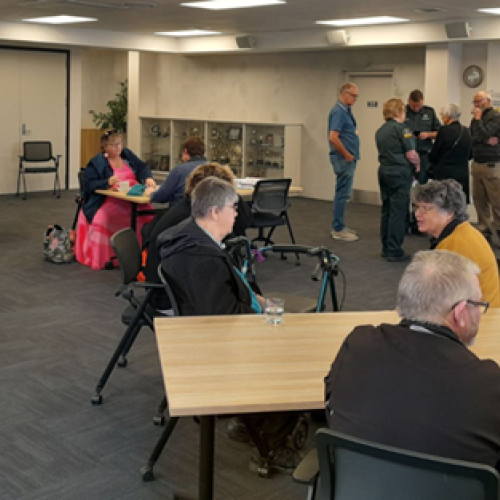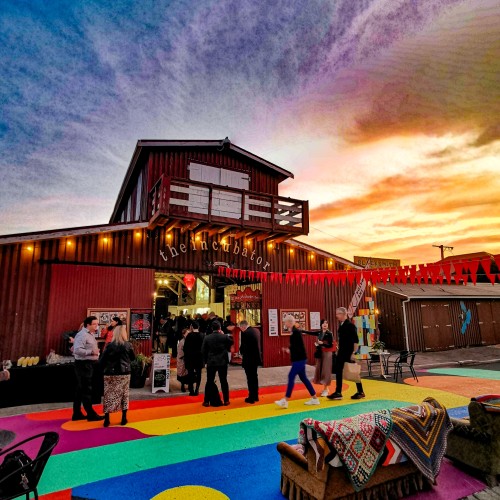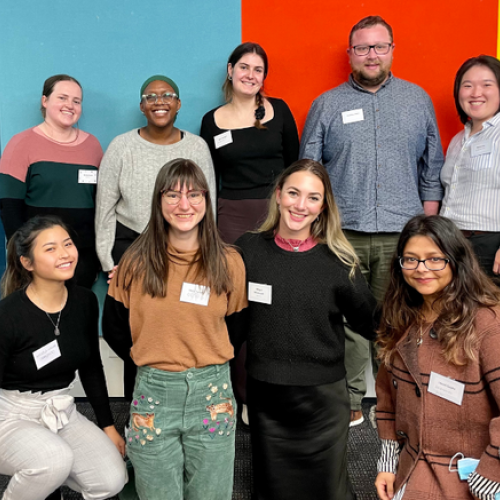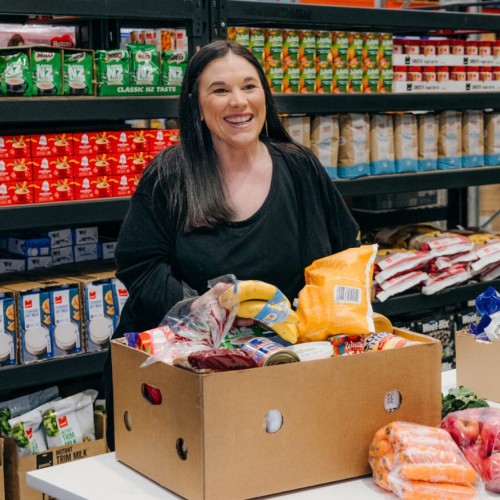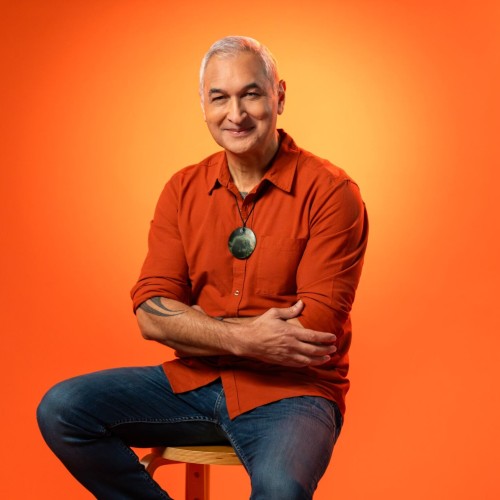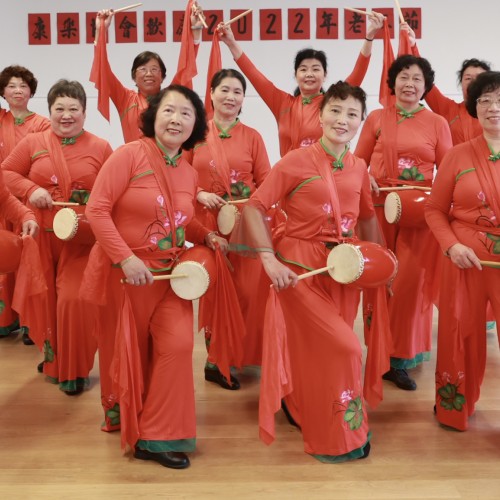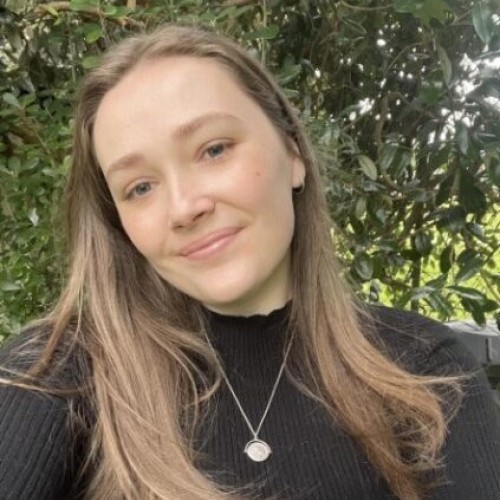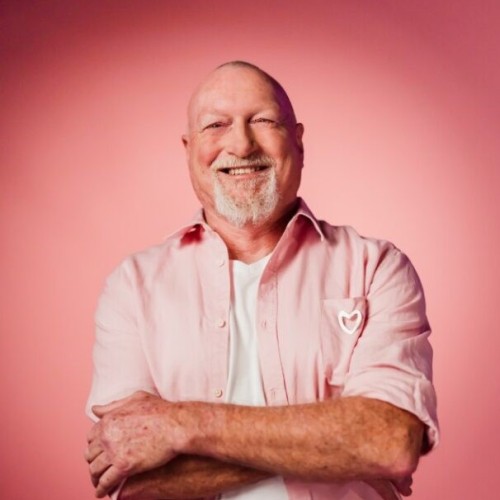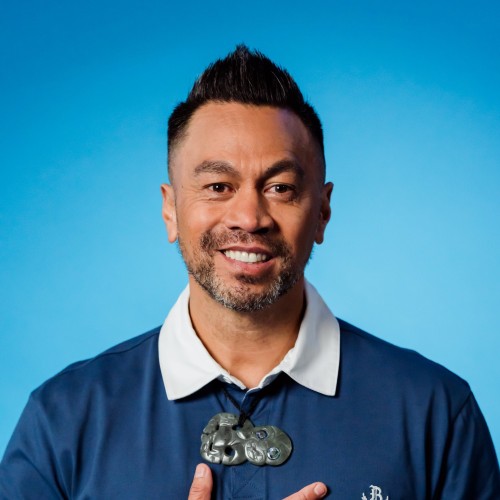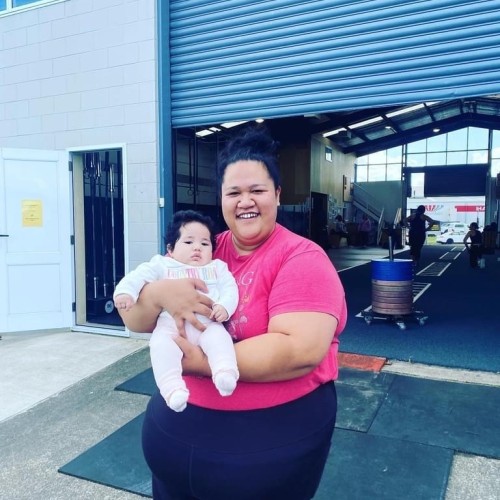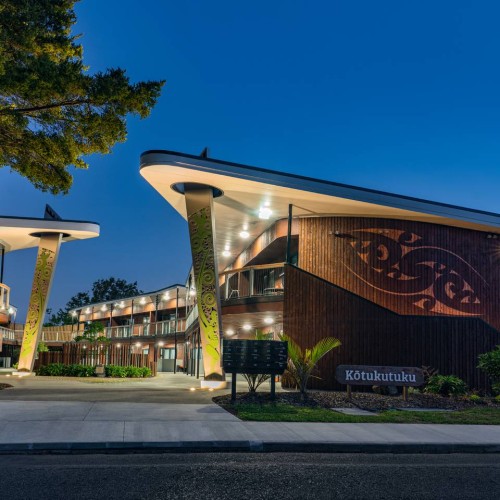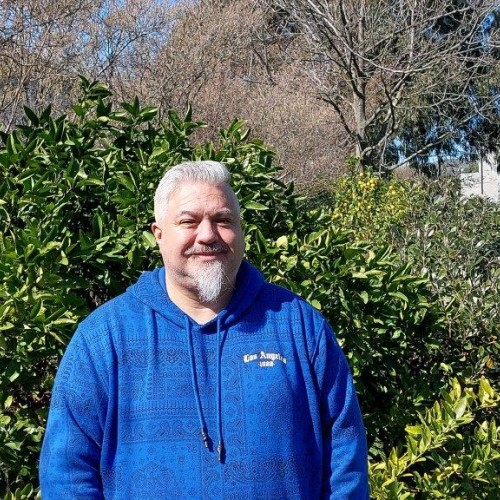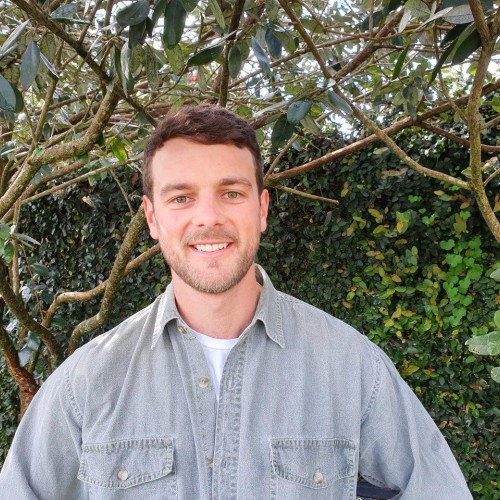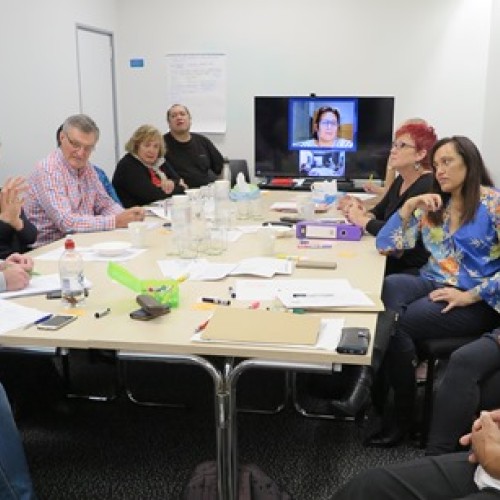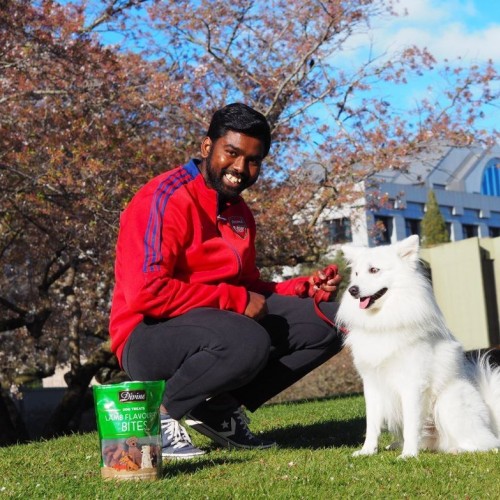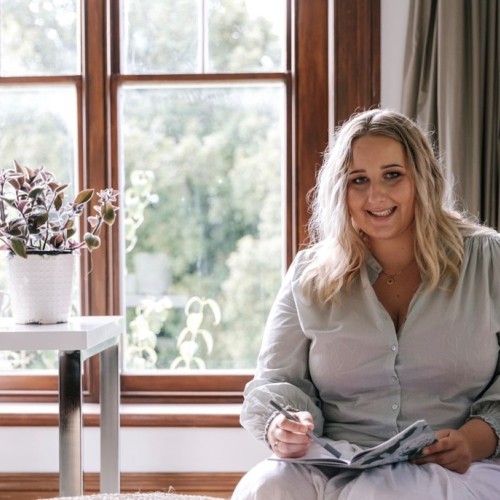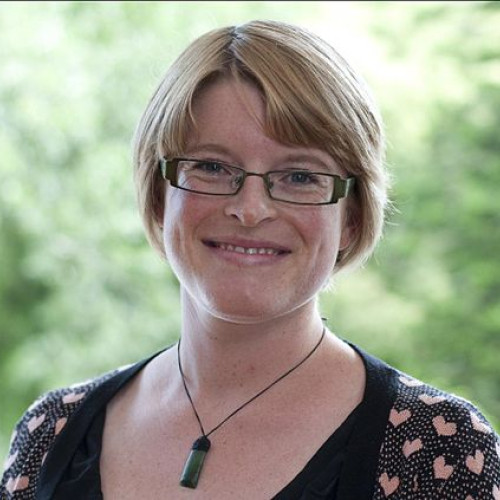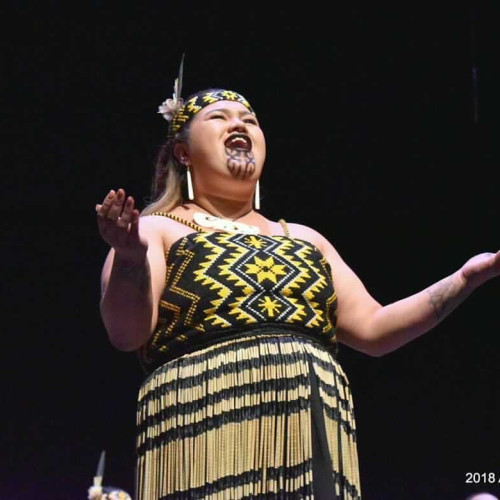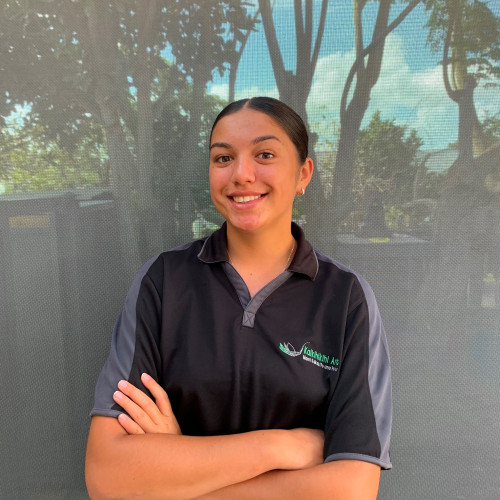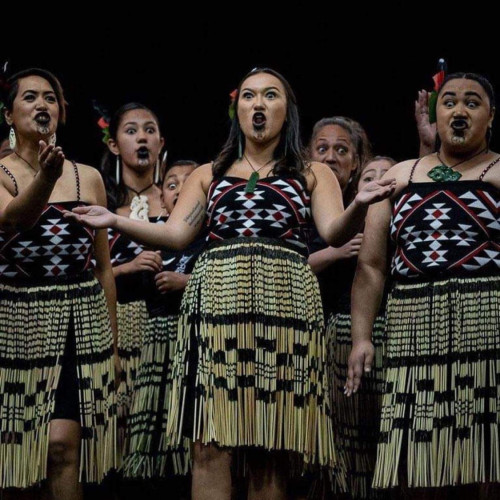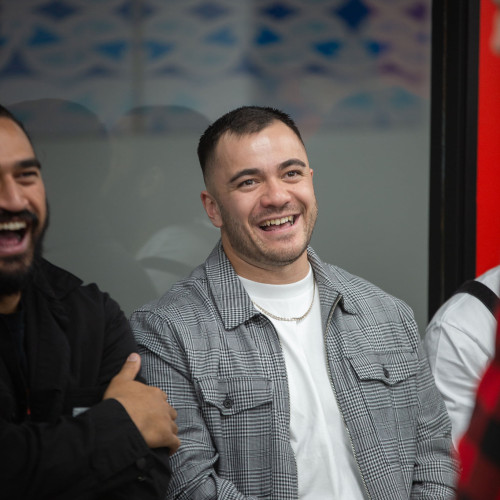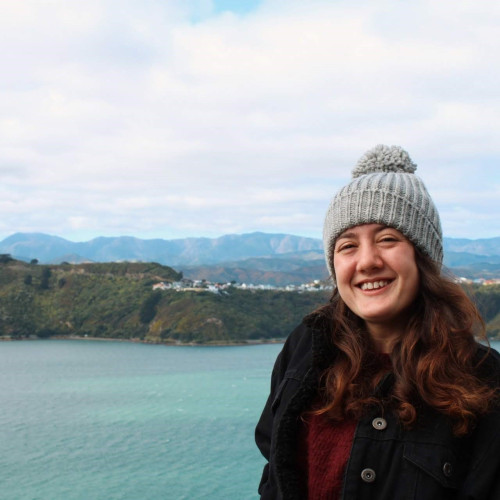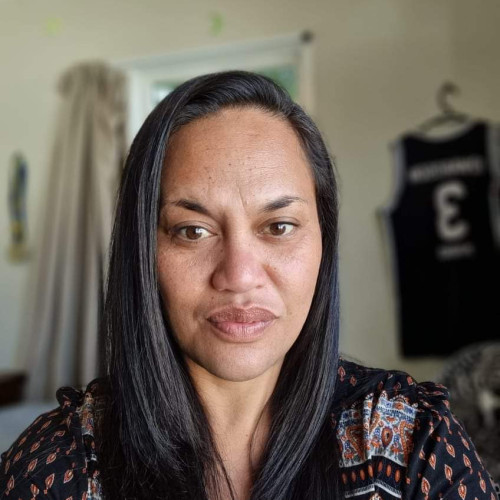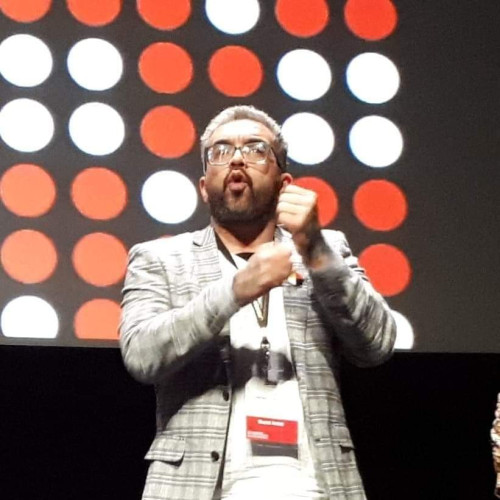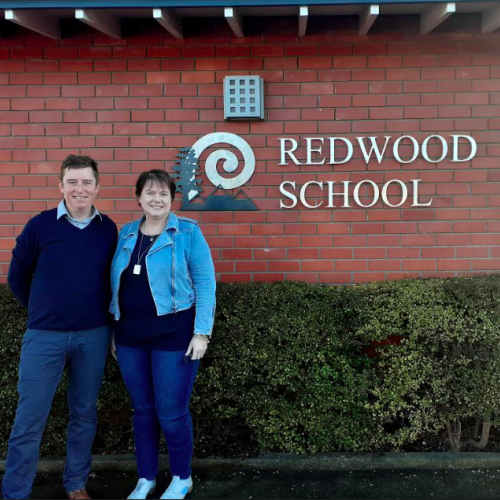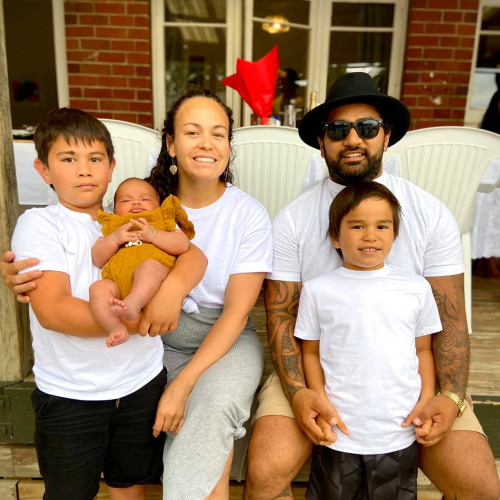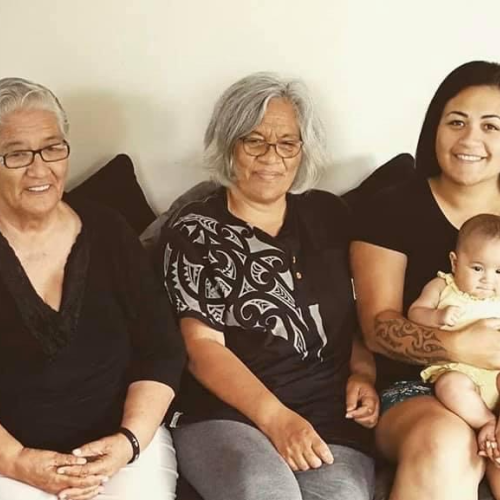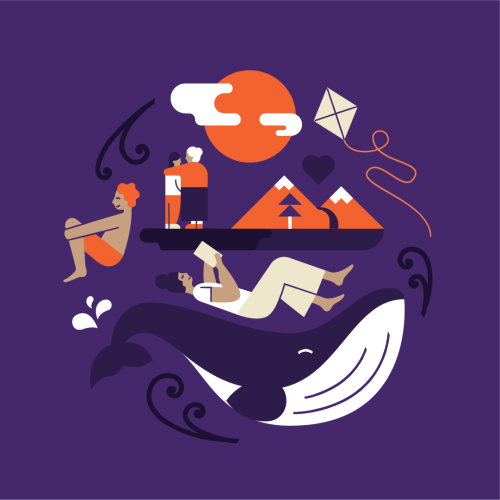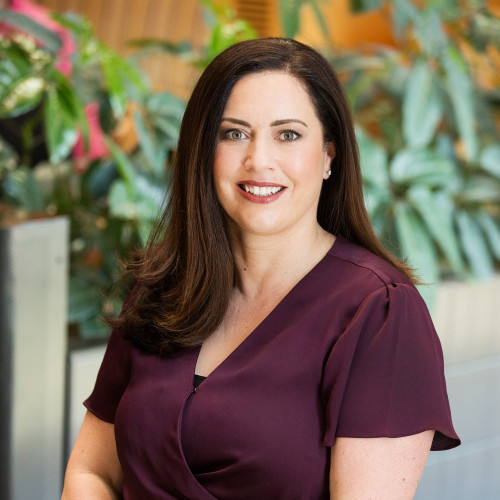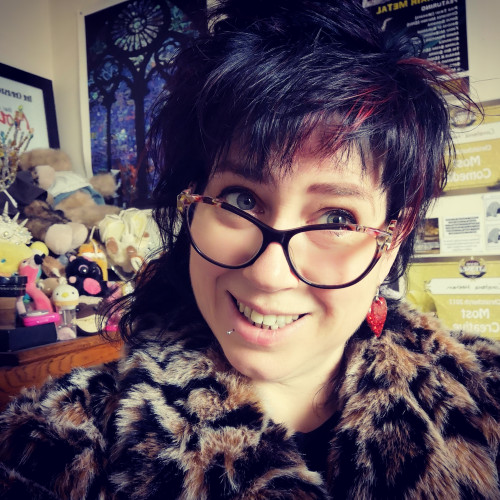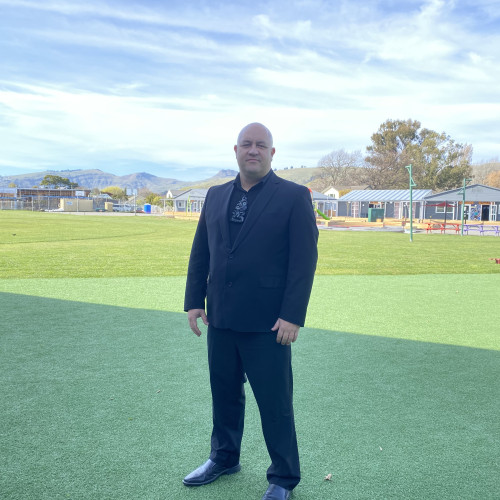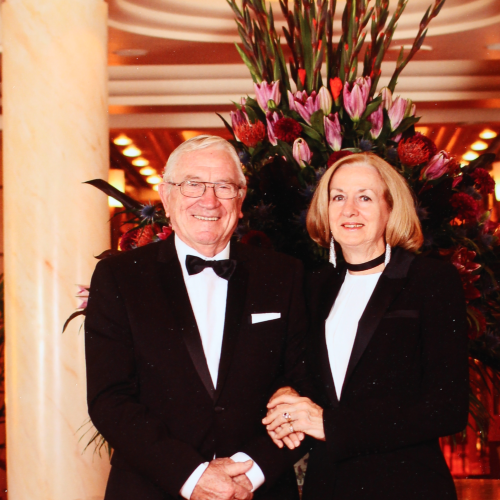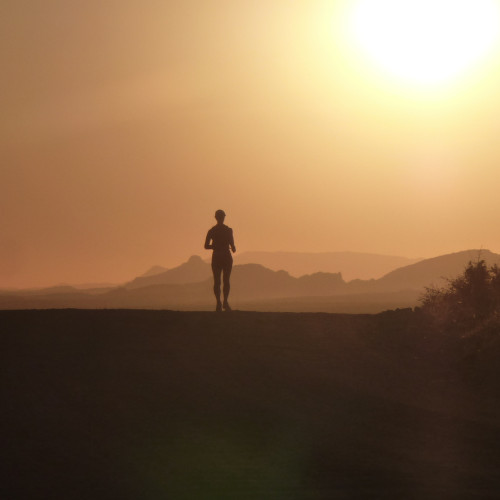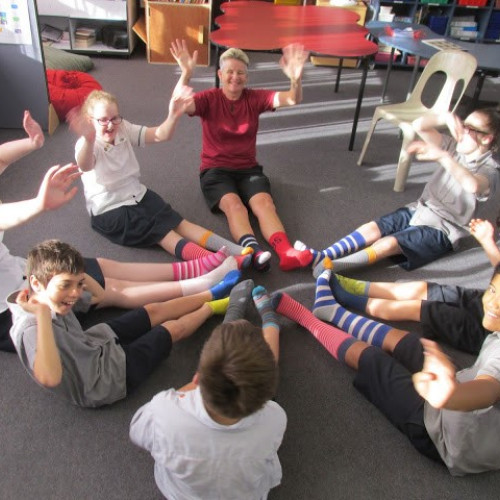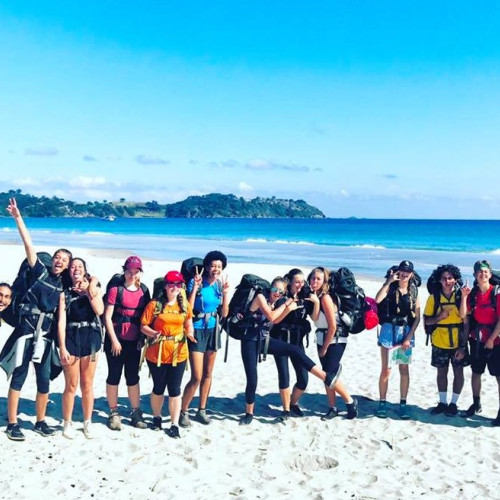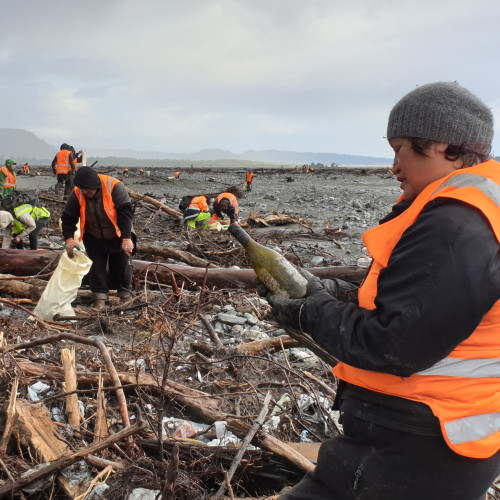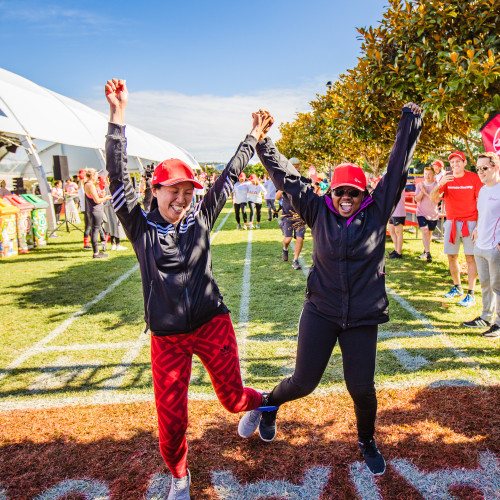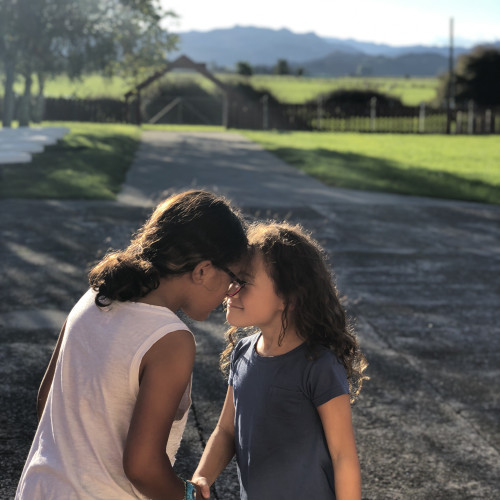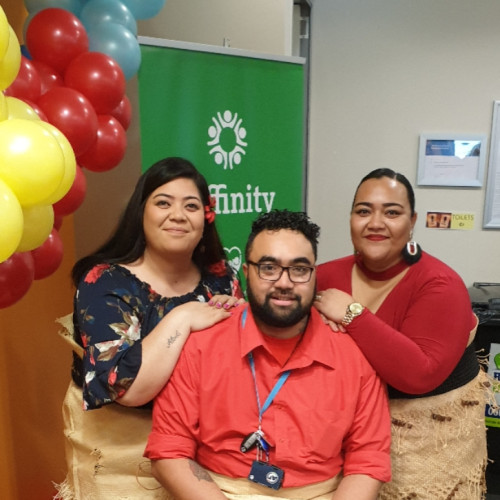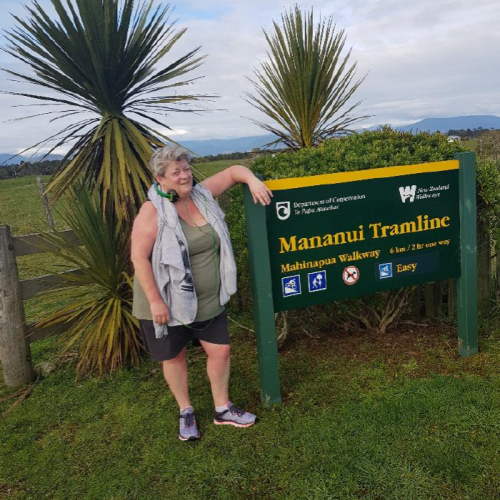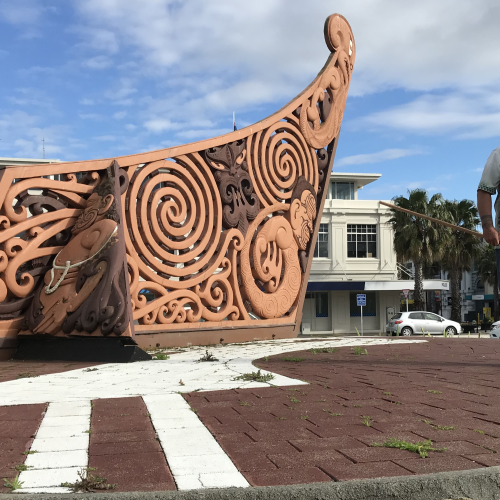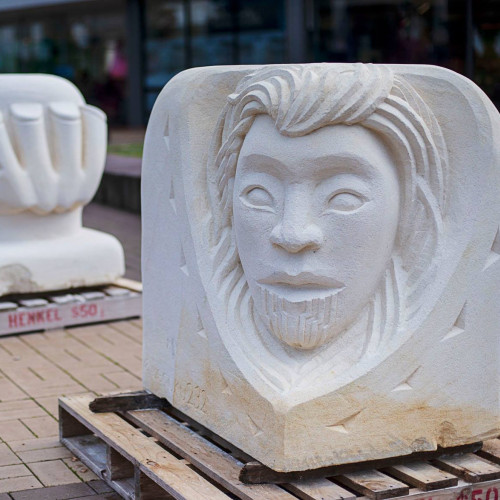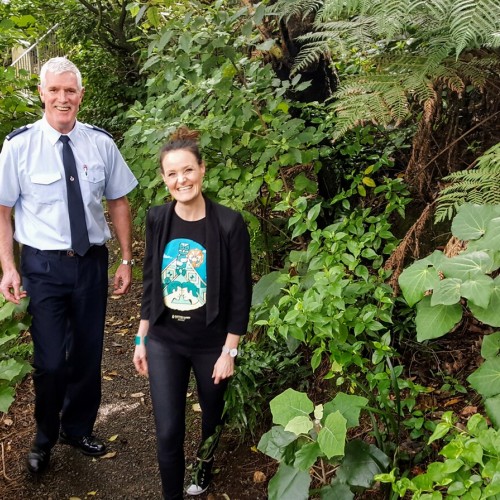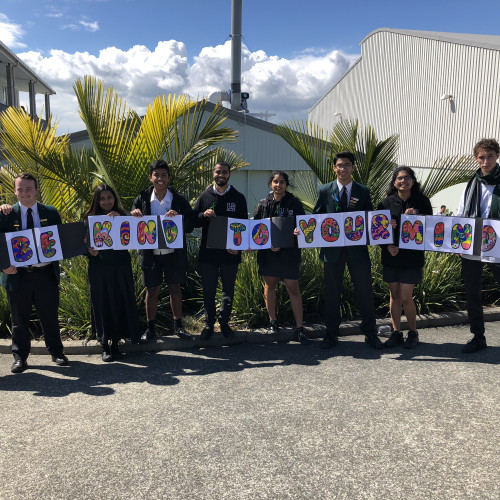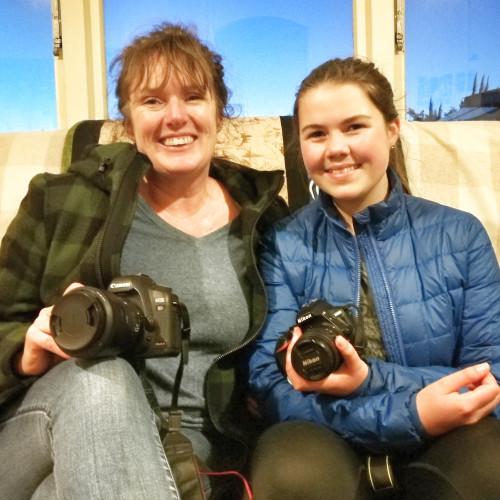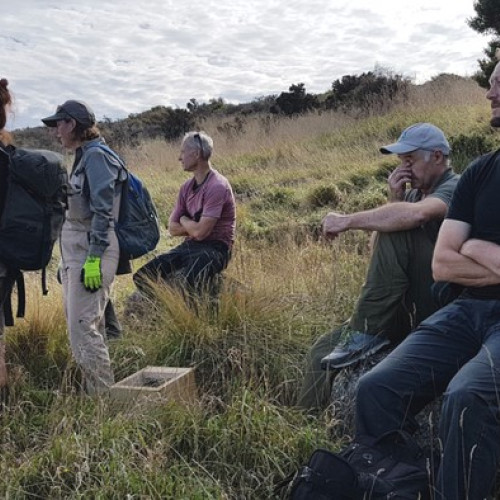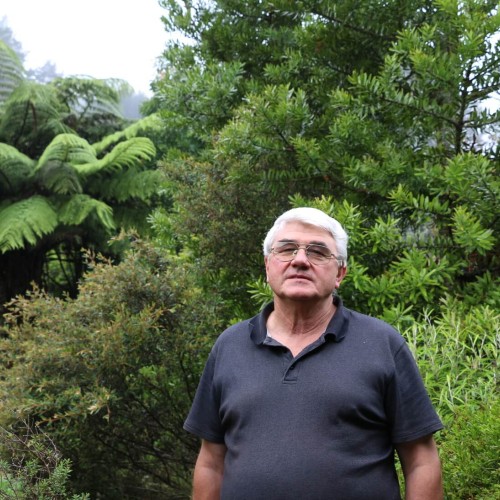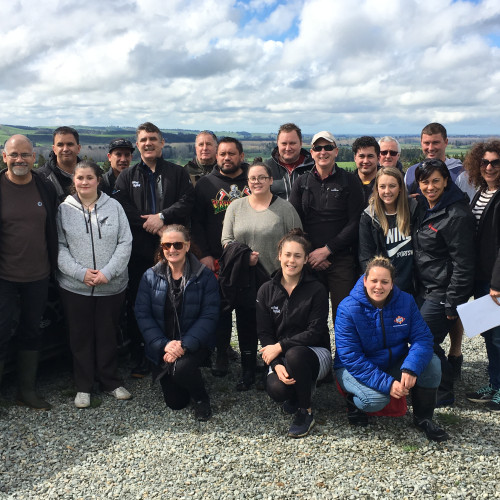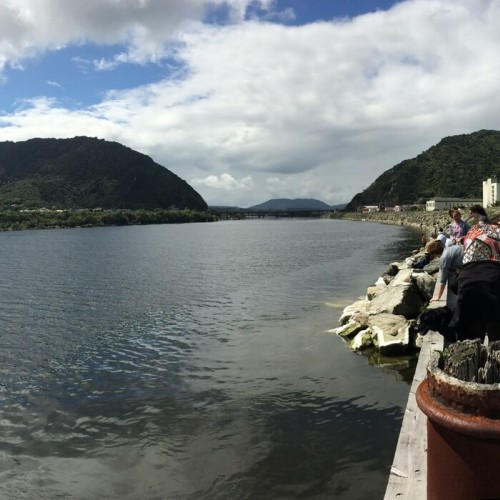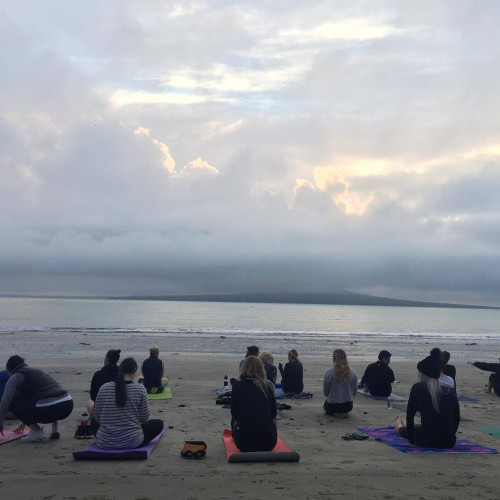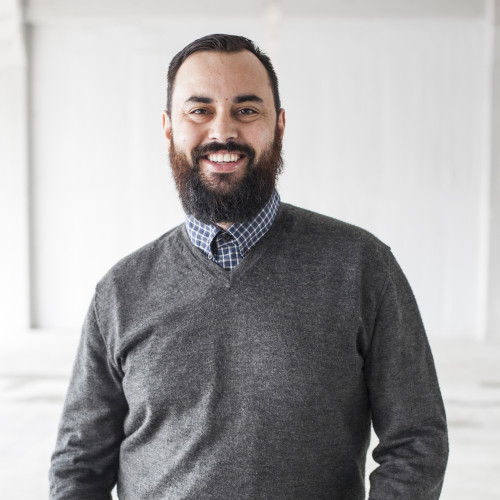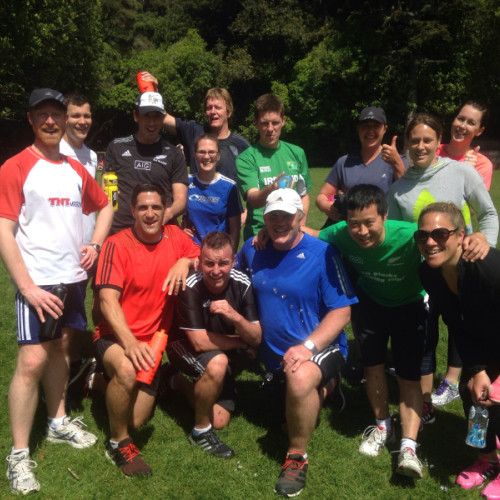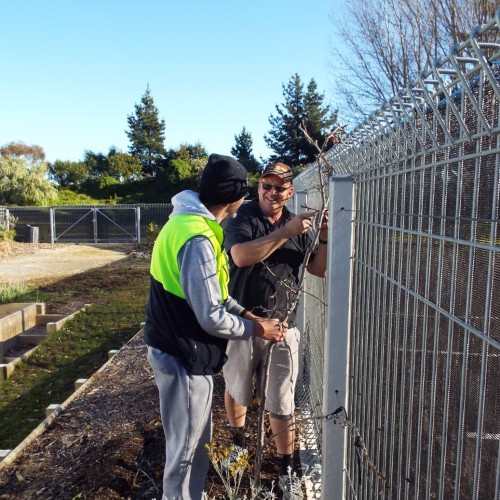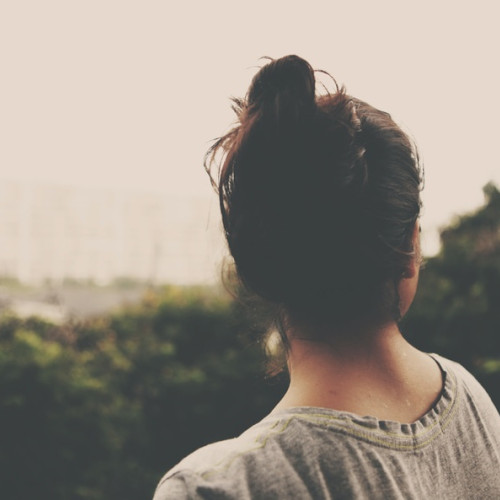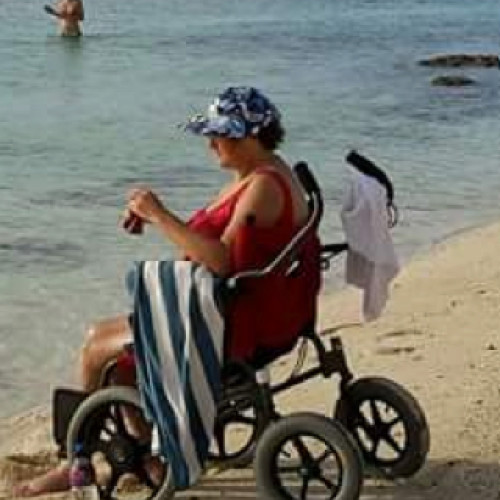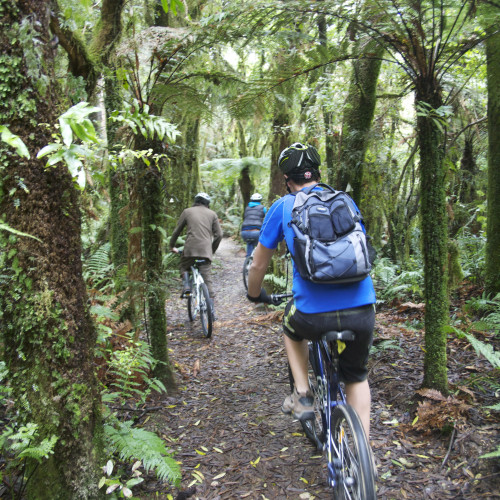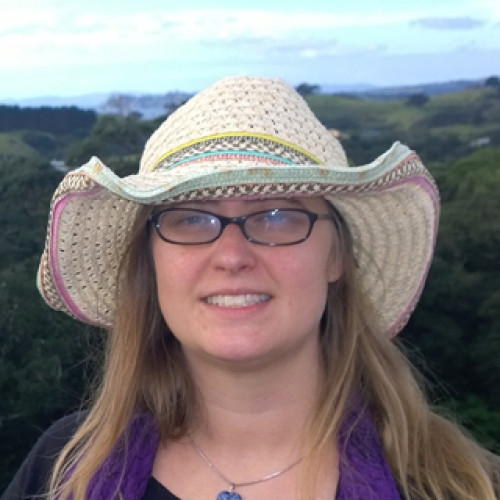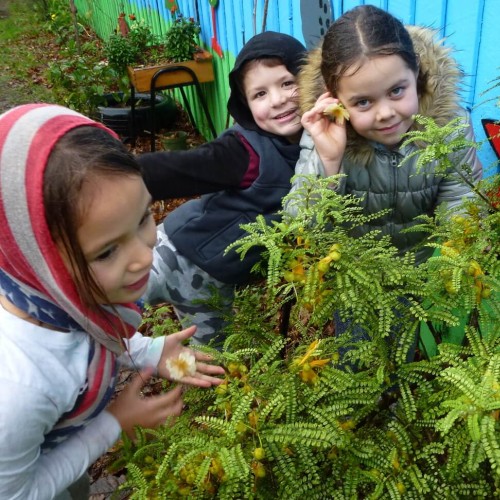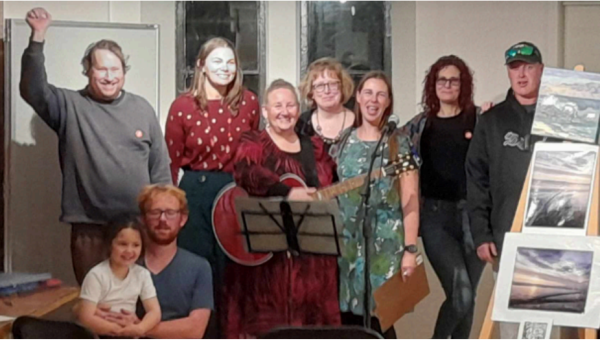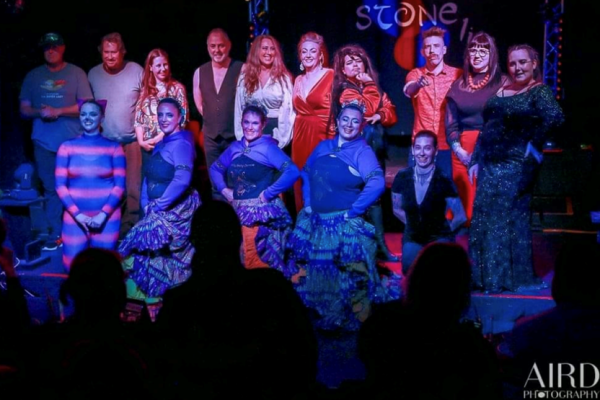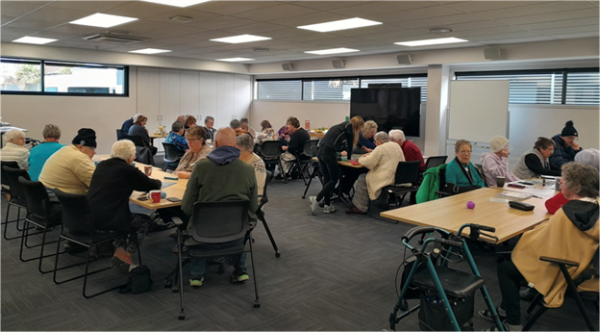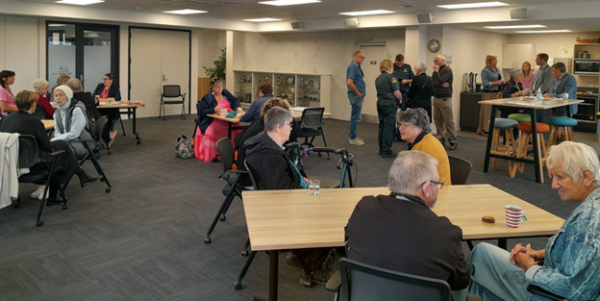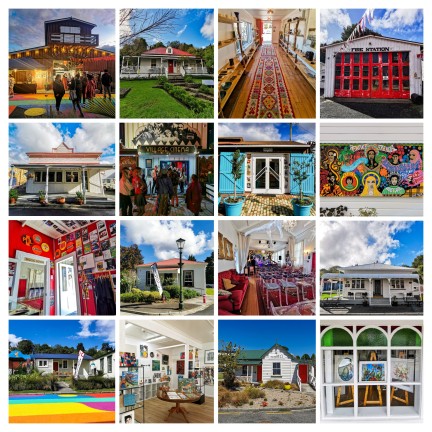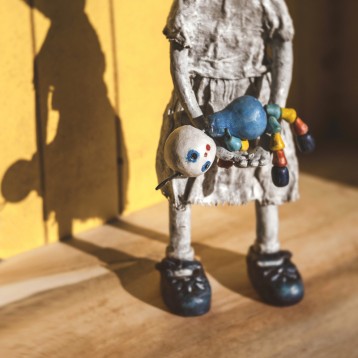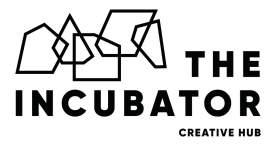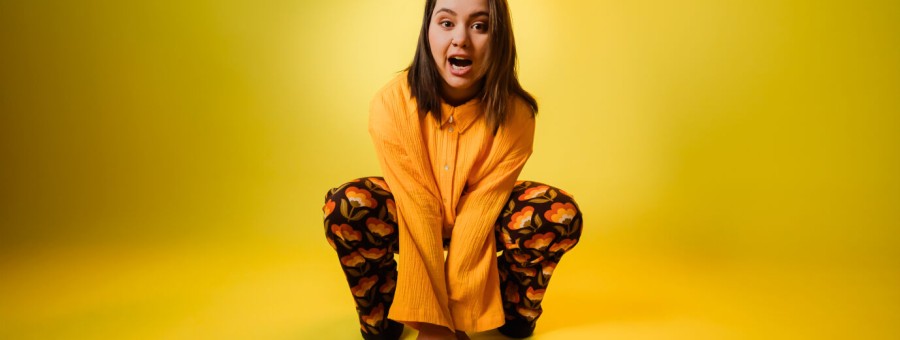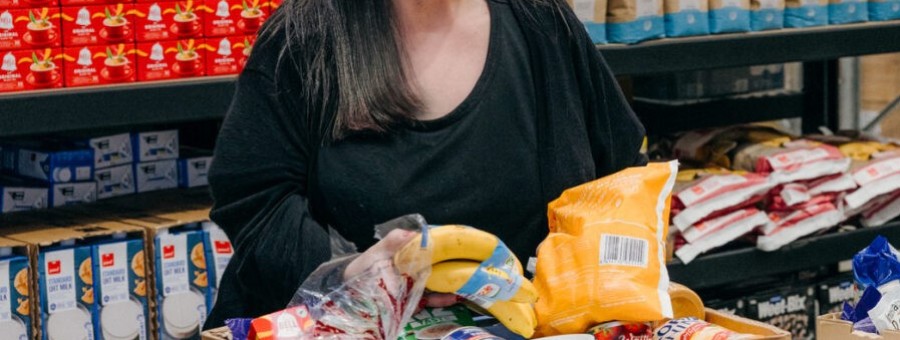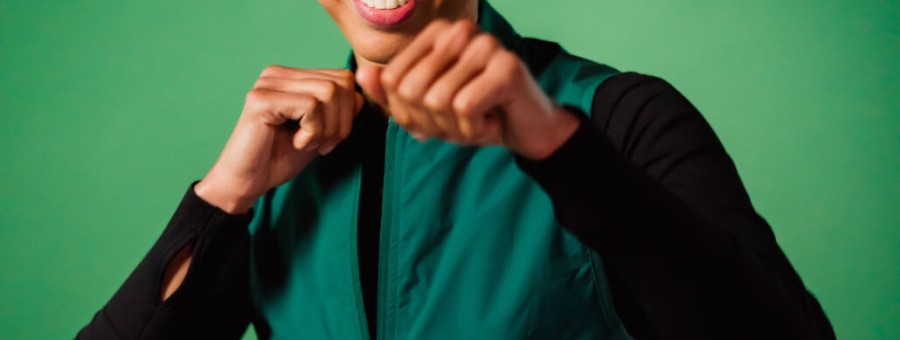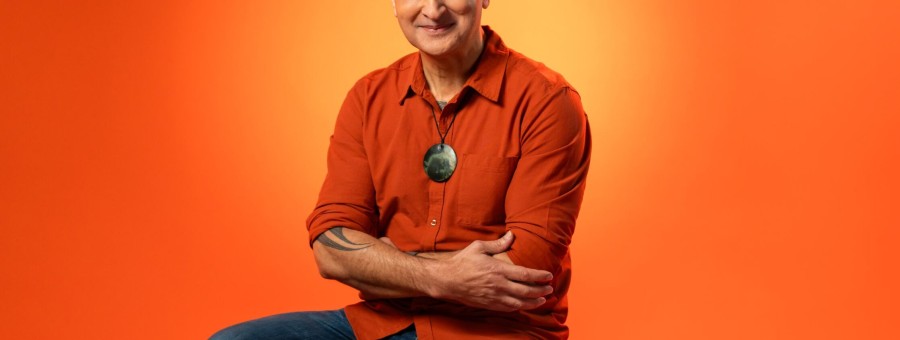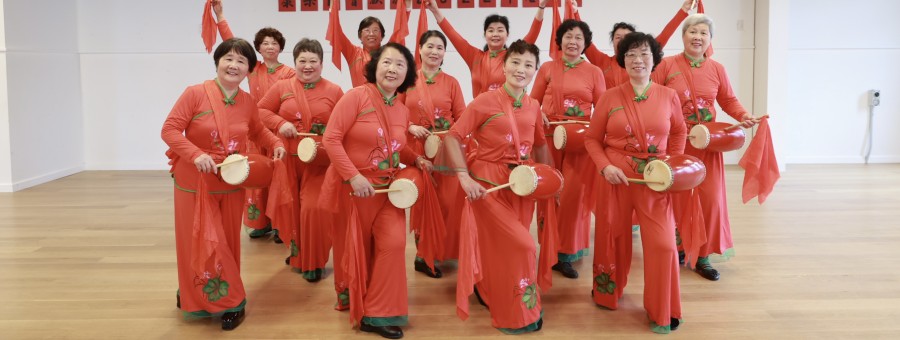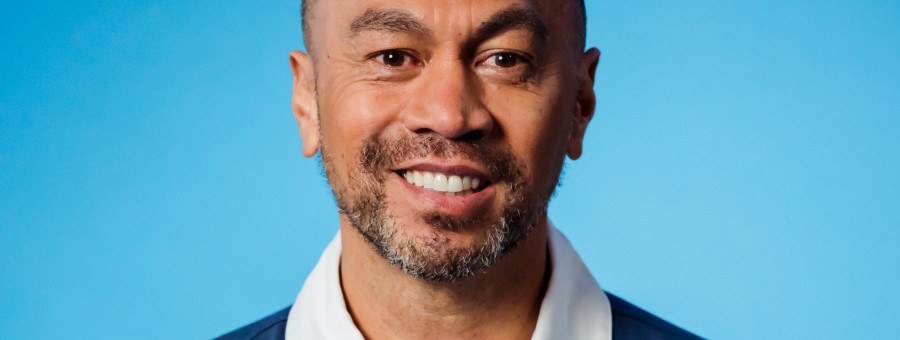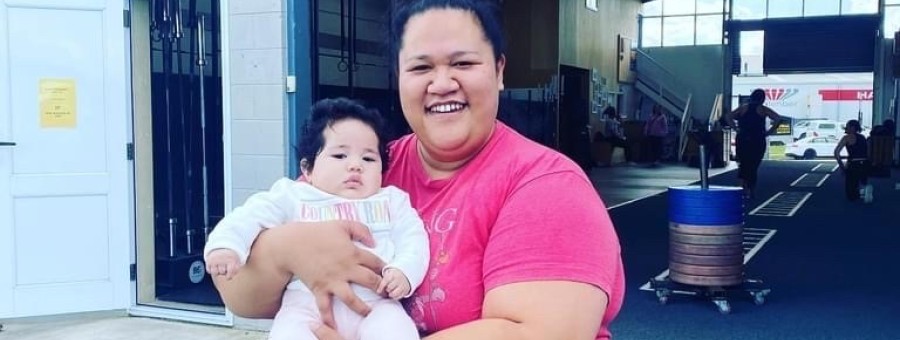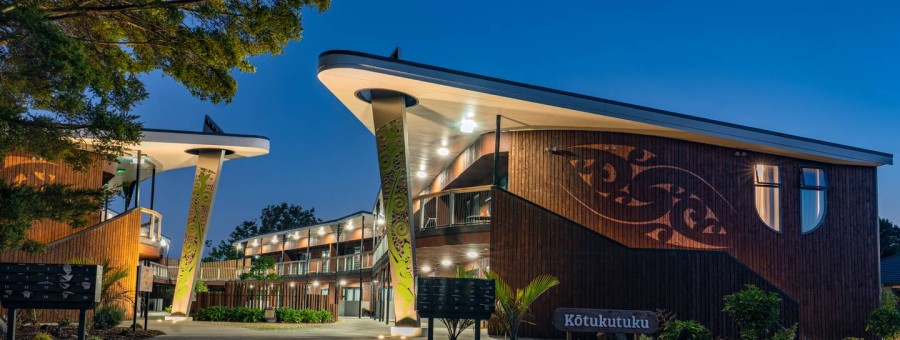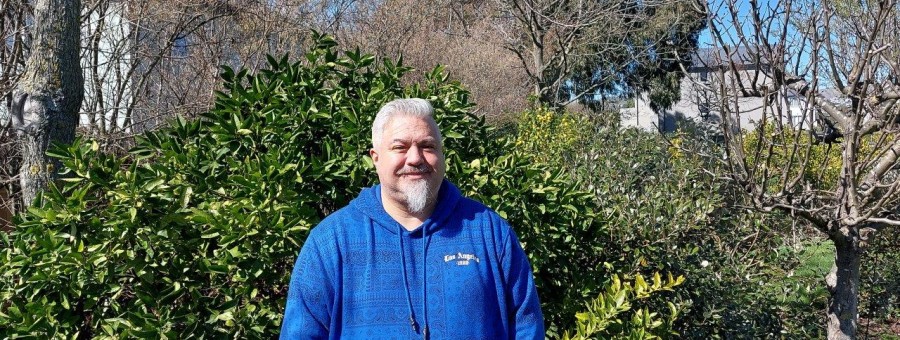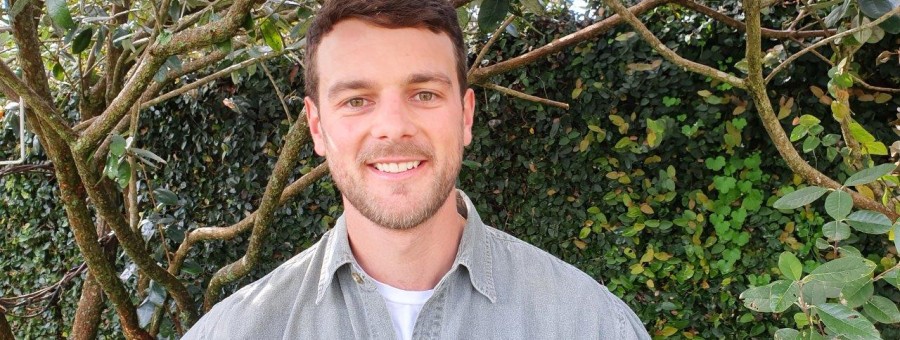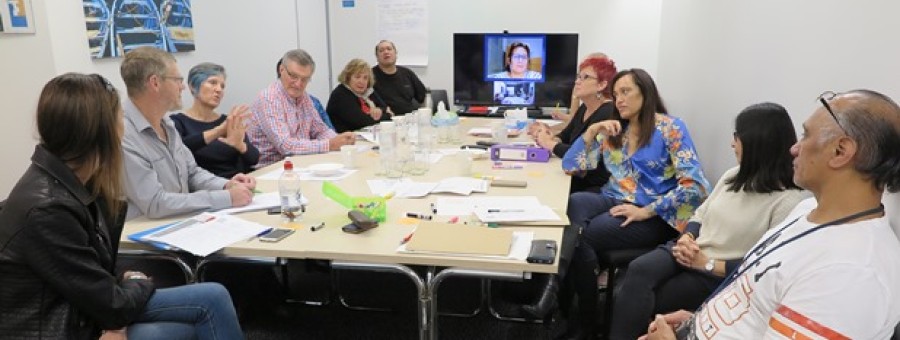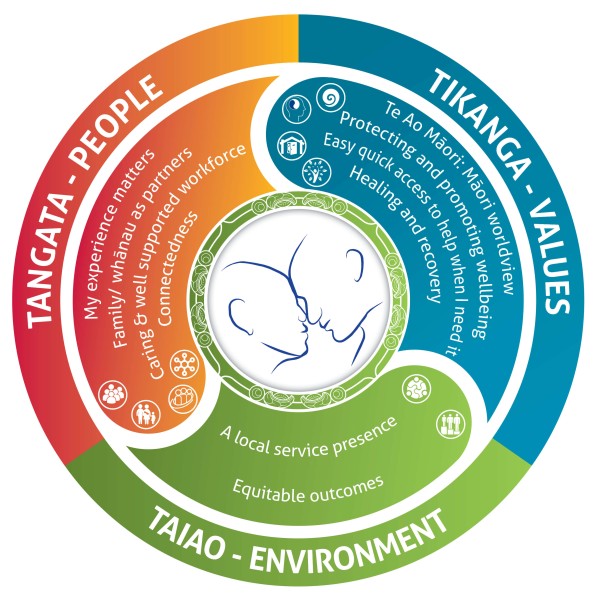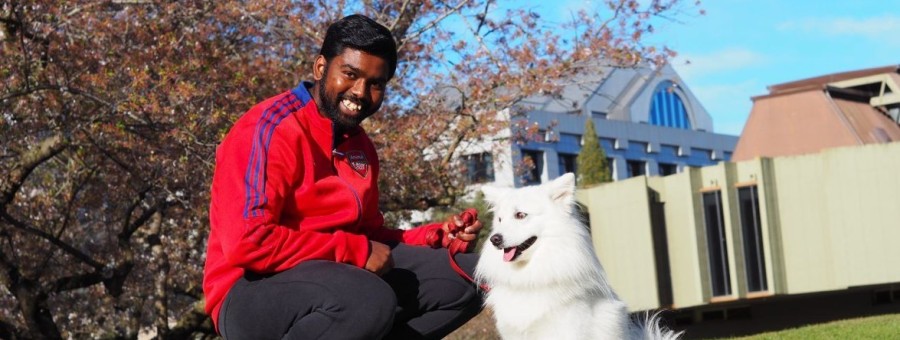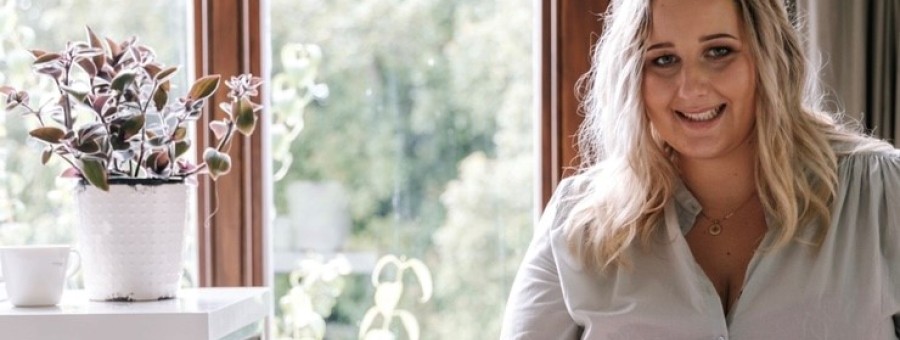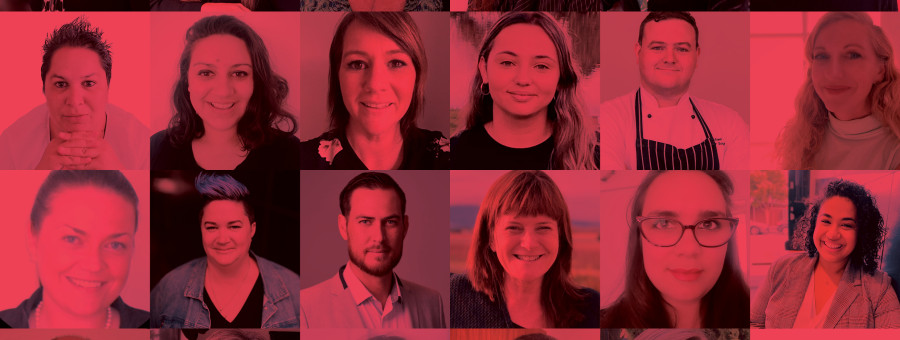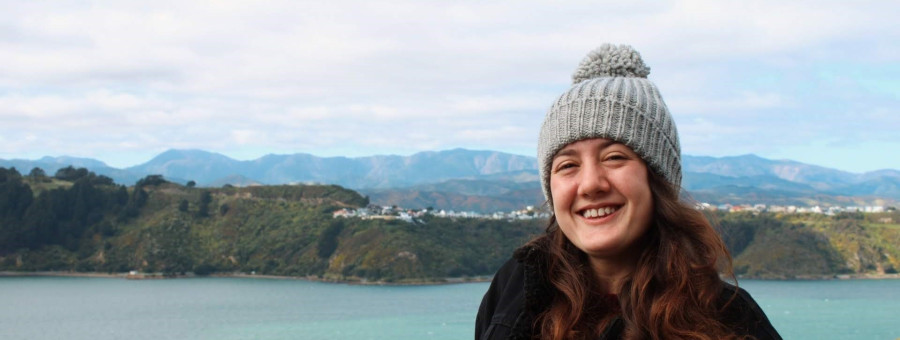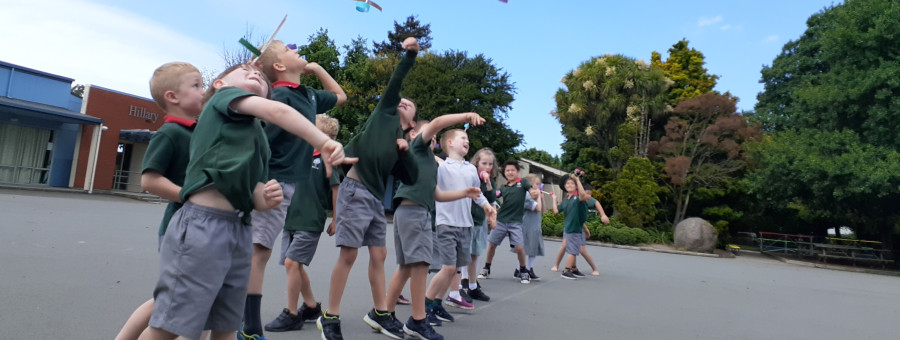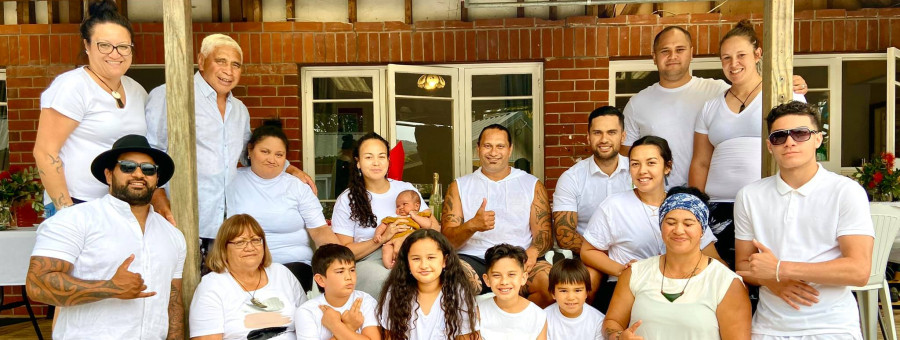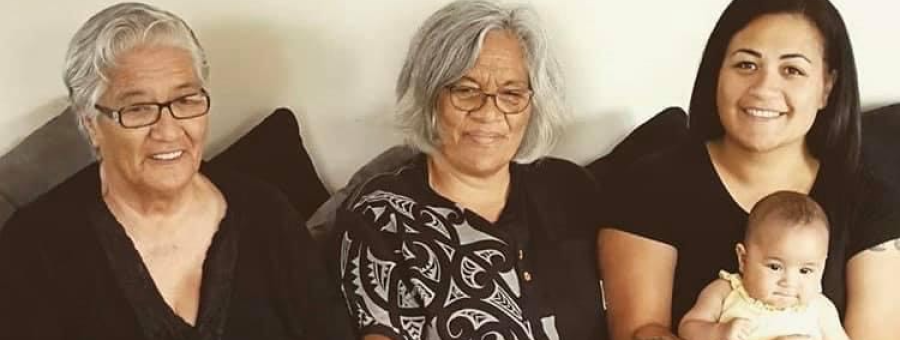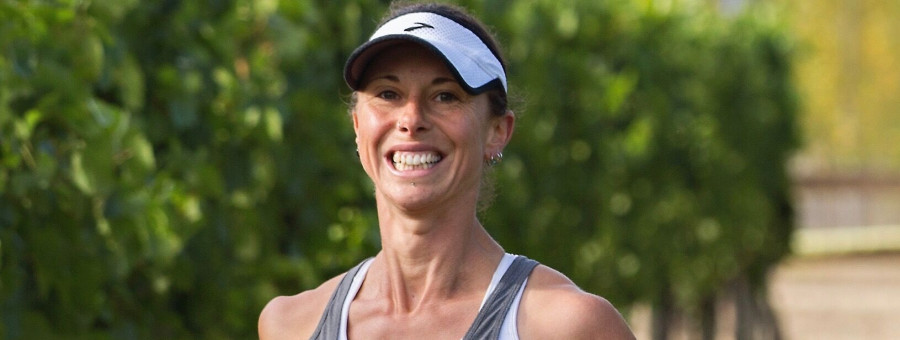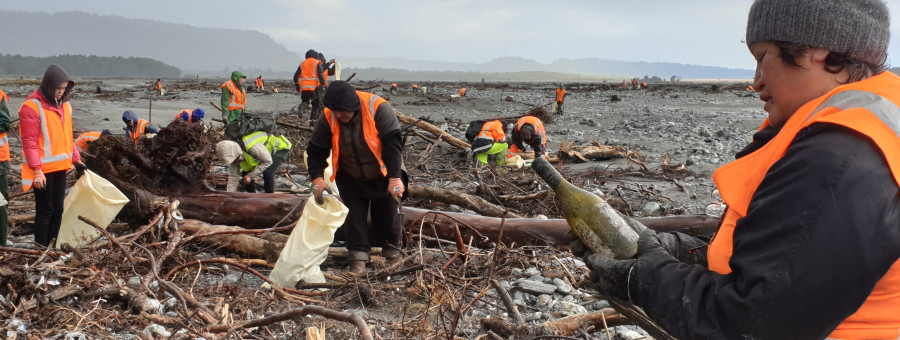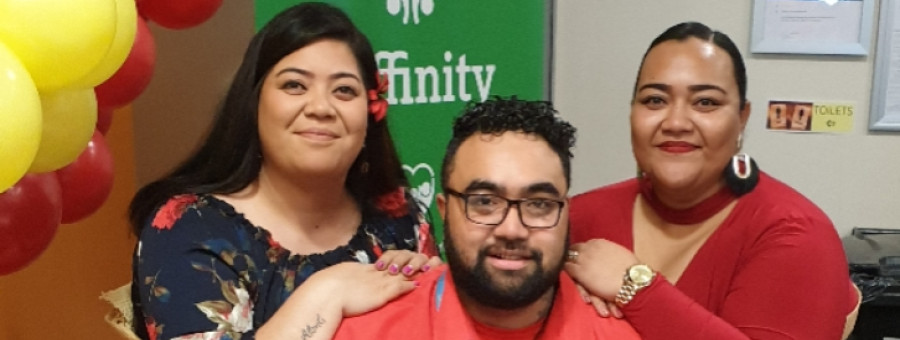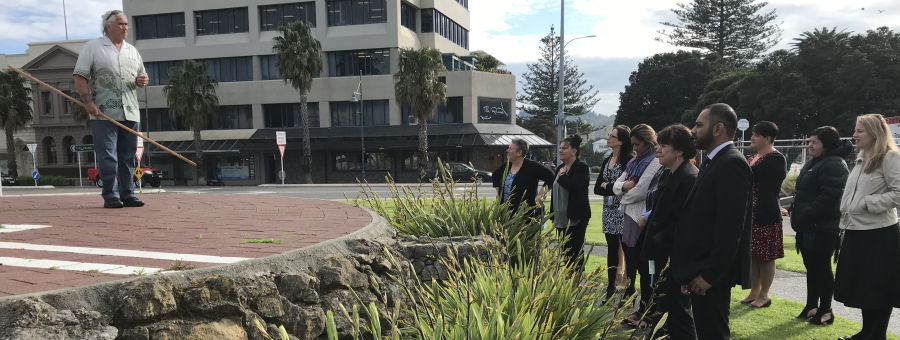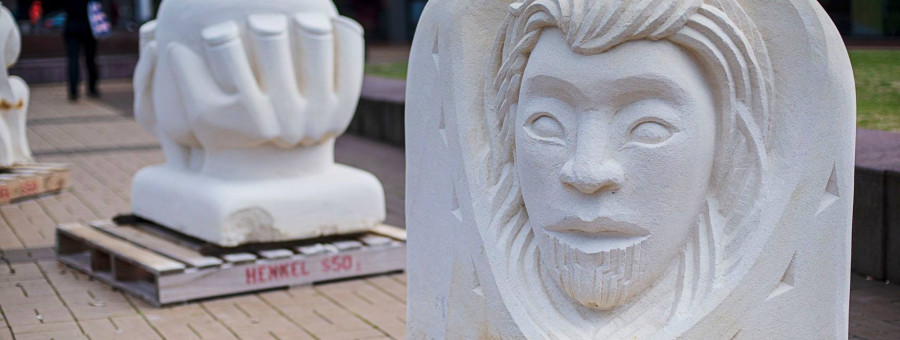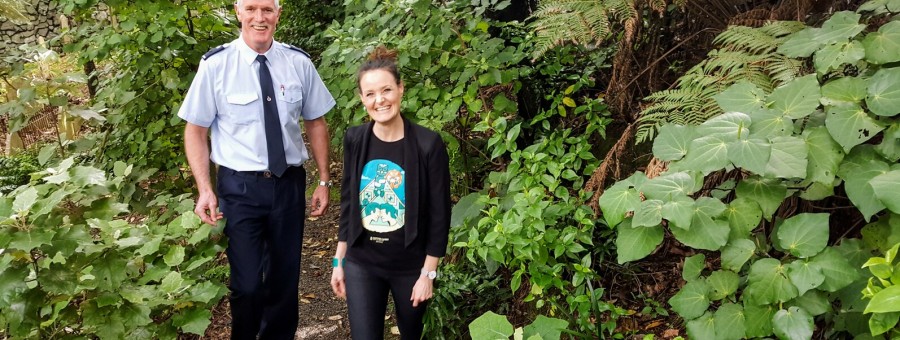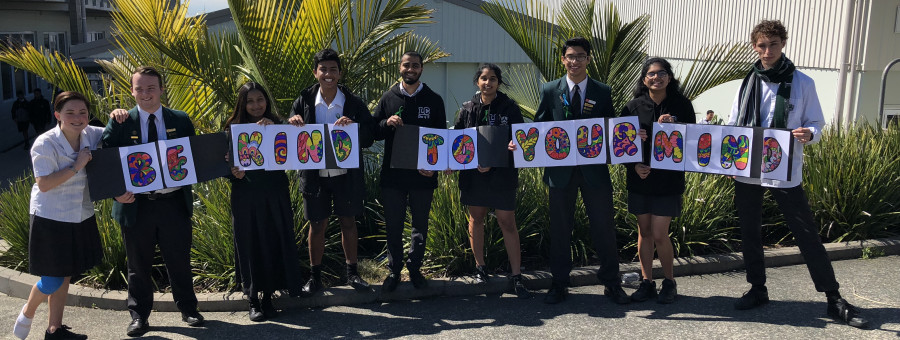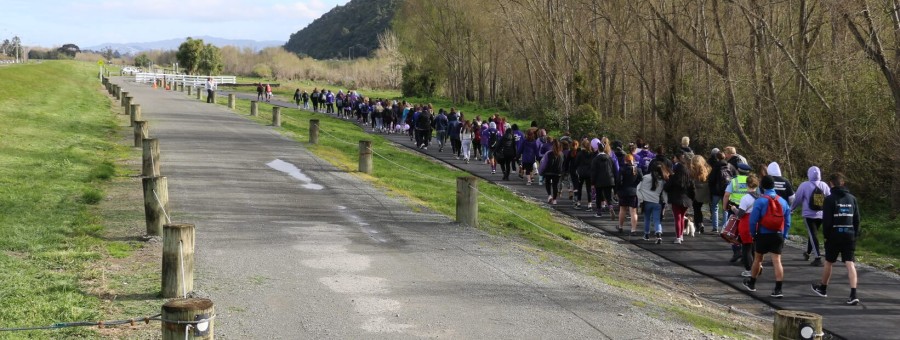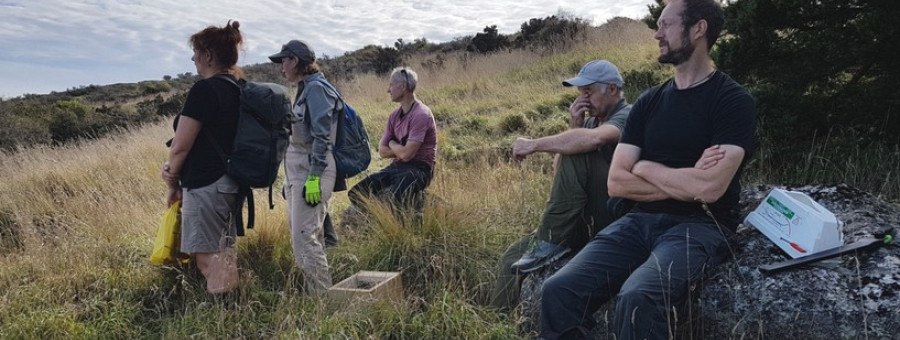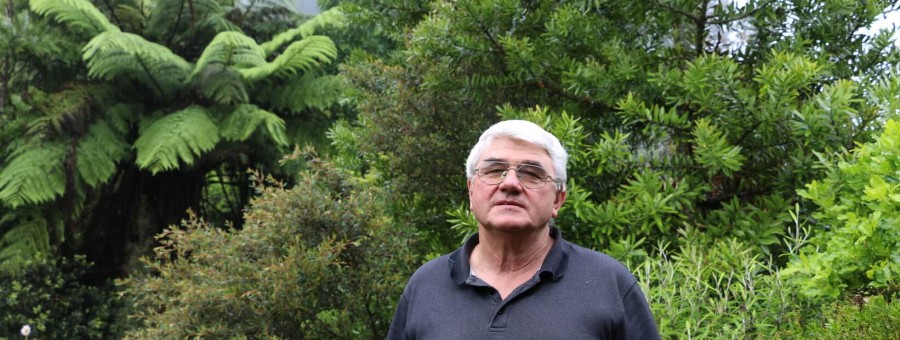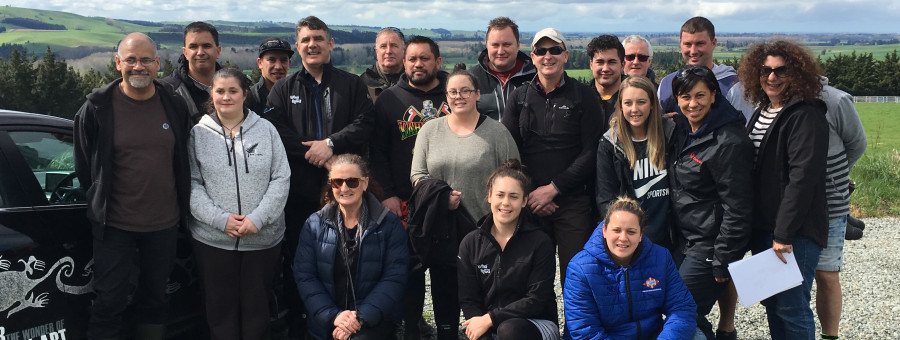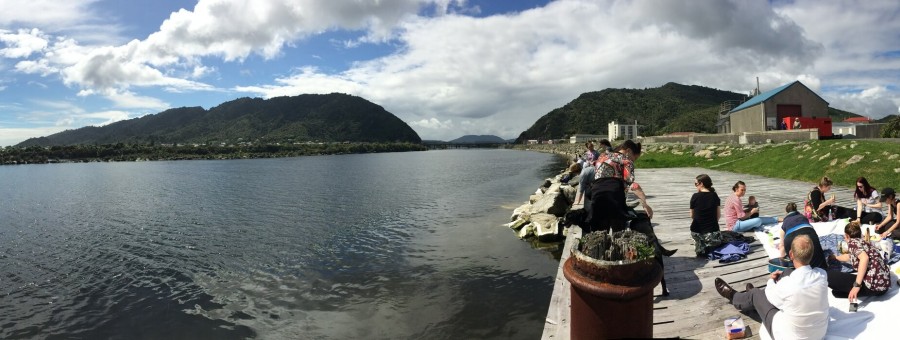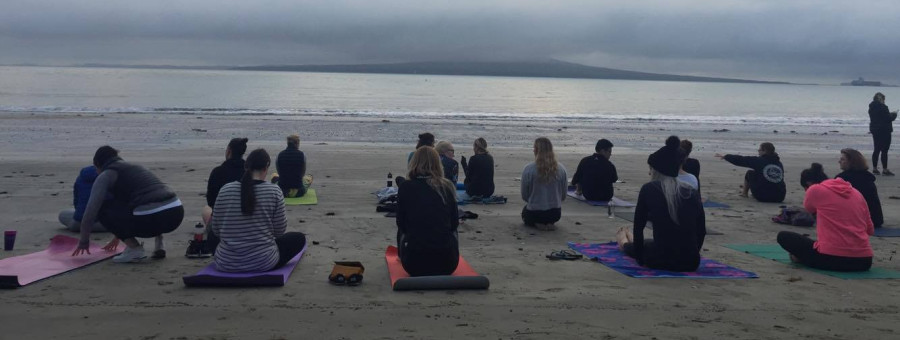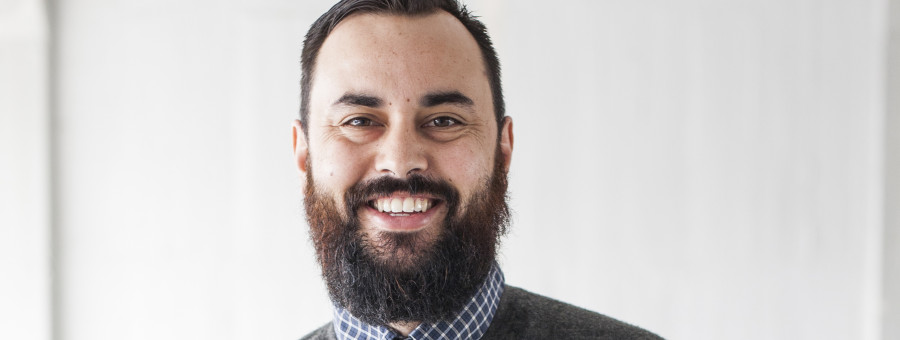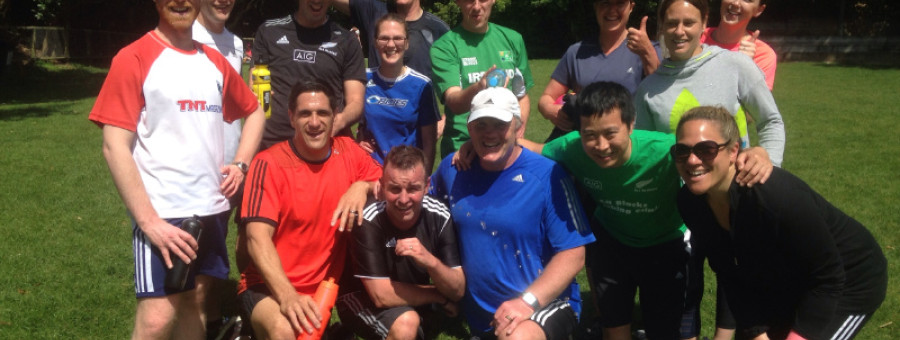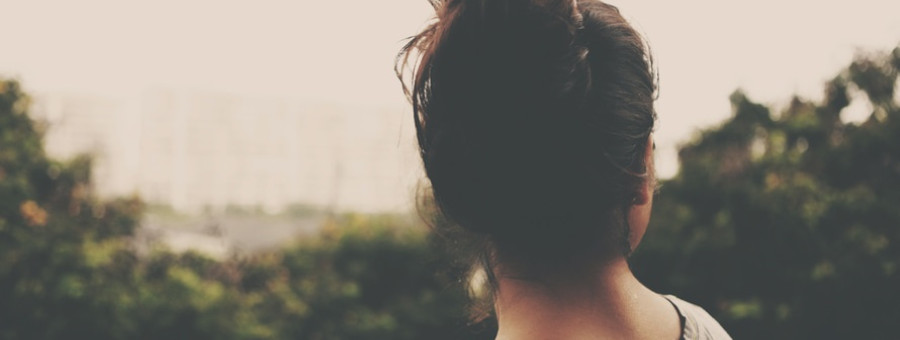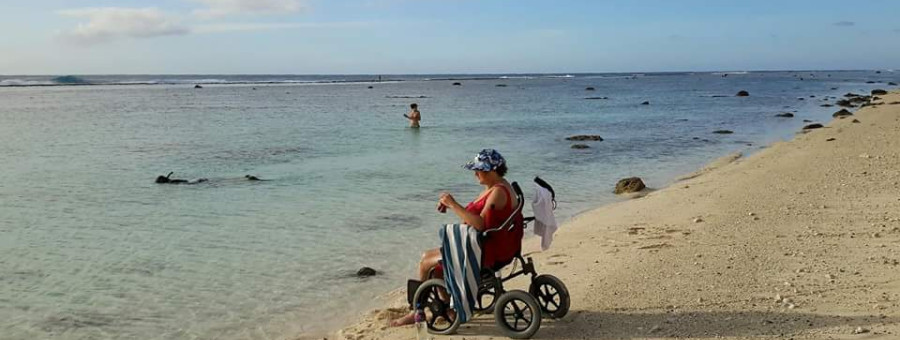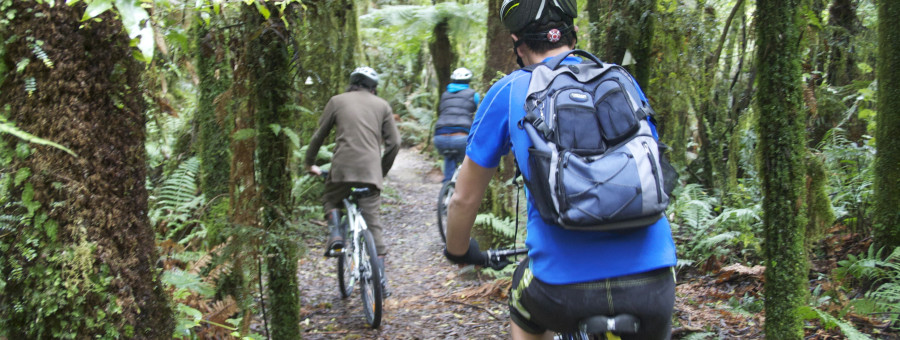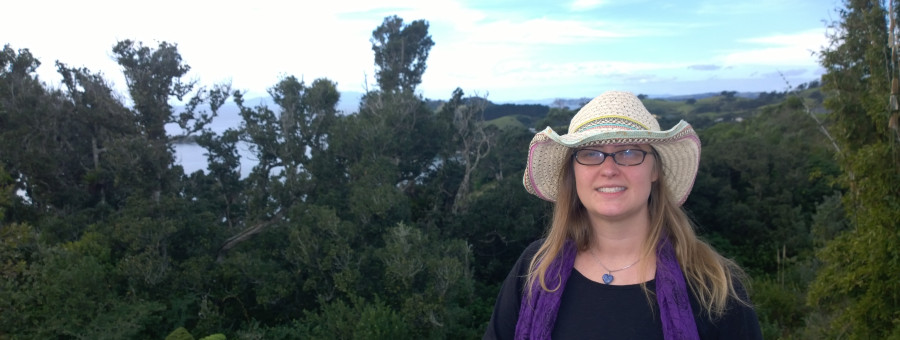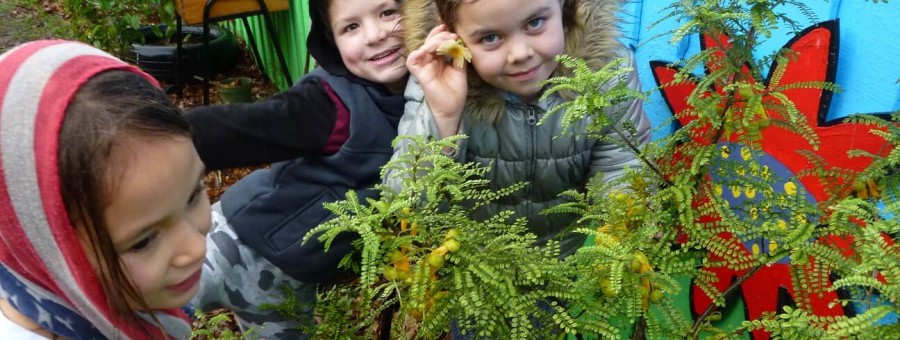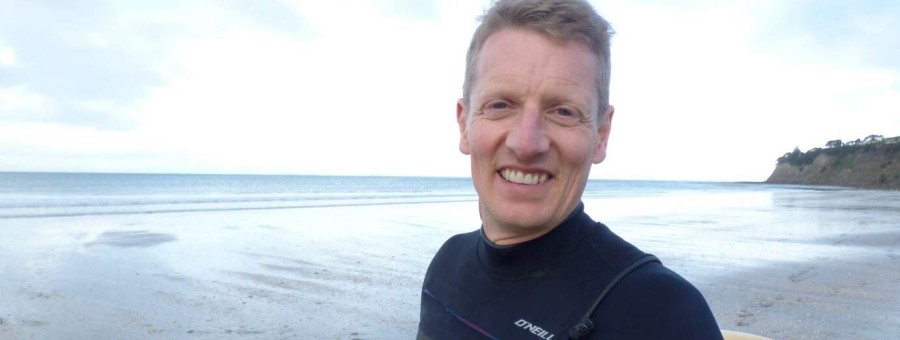Kōrero and connection over kai
In light of the latest COVID-19 outbreak, and with Mental Health Awareness Week (MHAW) right around the corner, we spoke to Restaurant Association New Zealand spokesperson Marisa Bidois about how and why they are choosing to take part in MHAW this year.
“We are all over Mental Health Awareness Week. It's something that we as an organisation take really seriously. It’s really important for hospitality, and for many of our members, mental health has really kind of come to a head during this lockdown.”
The Restaurant Association recently completed an organisation-wide survey of 700 members, which found that 60% of respondents reported their mental health had been affected by the recent alert level changes.
“It's pretty tough at the moment, to be honest. We've been getting a lot of calls from members who are just really struggling. There's been a lot of stress going on within our team as well, because when you're supporting restaurants who are going through these difficult times, that's a lot for your teams to take on.”
However, it’s not just the current pandemic context that has been stressful for the hospitality industry - even in more normal times the high-pressure environment can take a toll on mental health and emotional wellbeing.
“When you work in a restaurant, you can be serving quite a few people in a small timeframe. So there can be quite a bit of pressure to upkeep standards, to keep things rolling, to keep customers happy.”
“[About] six years ago, we were noticing within our industry that there were a few cases of some serious issues going on in the mental health space, particularly in some of our kitchens around the country. I was approached by quite a few high-profile chefs that either had been going through these things themselves, or within their own teams in the workplace. So that's when we sat down and really thought, how can we address this? What can we do?”
For the Restaurant Association, MHAW provides a great way to push mental health and wellbeing to the forefront. At the core of the organisation’s MHAW 2021 plans are ‘family dinners’, an initiative that encourages members to have a kōrero over a shared meal at work.
“Oftentimes in hospitality there will be a staff meal naturally put out anyway in our businesses, so we thought it'd be really cool to make it an actual thing - to say, why don't we, if we can, have a time where we all sit down together and enjoy a meal? There's a lot of connecting done over kai. And some of the staff meals that our members put together are pretty impressive.”
Plans will have to be tweaked for Auckland-based teams if they remain at a higher alert level, but the organisation still hopes to encourage their Tāmaki Makaurau whānau to catch up and have a kōrero over technology. .
“The basis of what we're doing essentially really does centre around food and connecting. It’s [about] normalising that wellness check-in and to make it part of everyday conversation.”
“Sitting down and having a meal together, it does create a connection and a bond amongst your team in busy hospitality businesses and busy organisations. It can be a short time just to take a break and share some thoughts and really check in on your team.”
In addition to family dinners, the Restaurant Association are hosting a series of webinars on mental health and wellbeing topics, creating written resources, and publishing content for their followers on social media. This is in addition to year-round initiatives like their mental health app, which they use to encourage teams to check-in on their wellbeing.
Ultimately, the Restaurant Association believe that the true power of kōrero is not found just in talking, but also in listening.
“Not everyone knows that they can call us and we can speak to them. And one of the things we're working on during this time is to make sure that message is out there - that people in hospitality can ring us at the Association and that we're here to support them.”
“People just want to be listened to. I think the main thing they want to know is that they're not alone. That's the message that I'm getting - they want to know that someone’s there to support them.”
For information on how your workplace can get involved in MHAW, head here.

